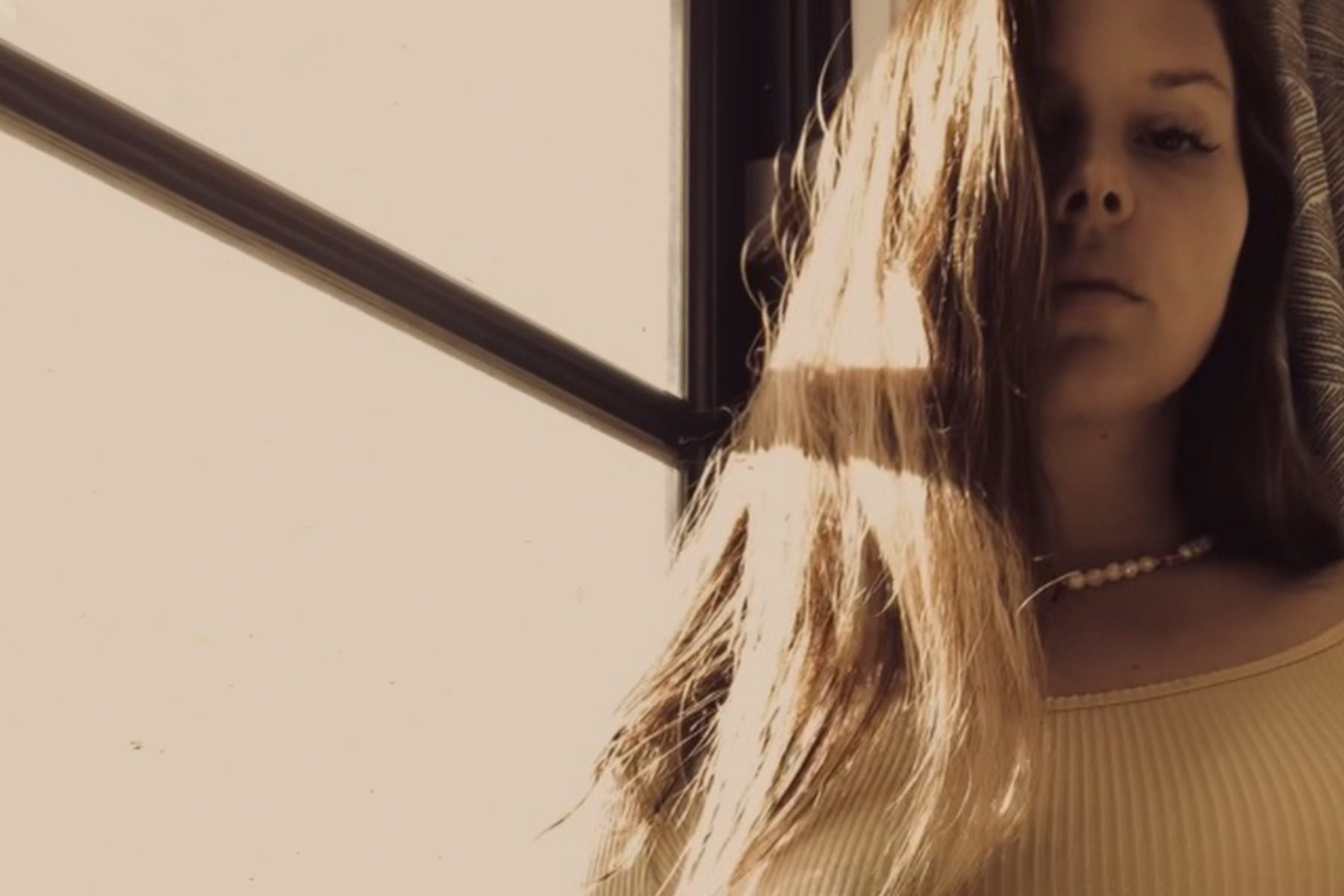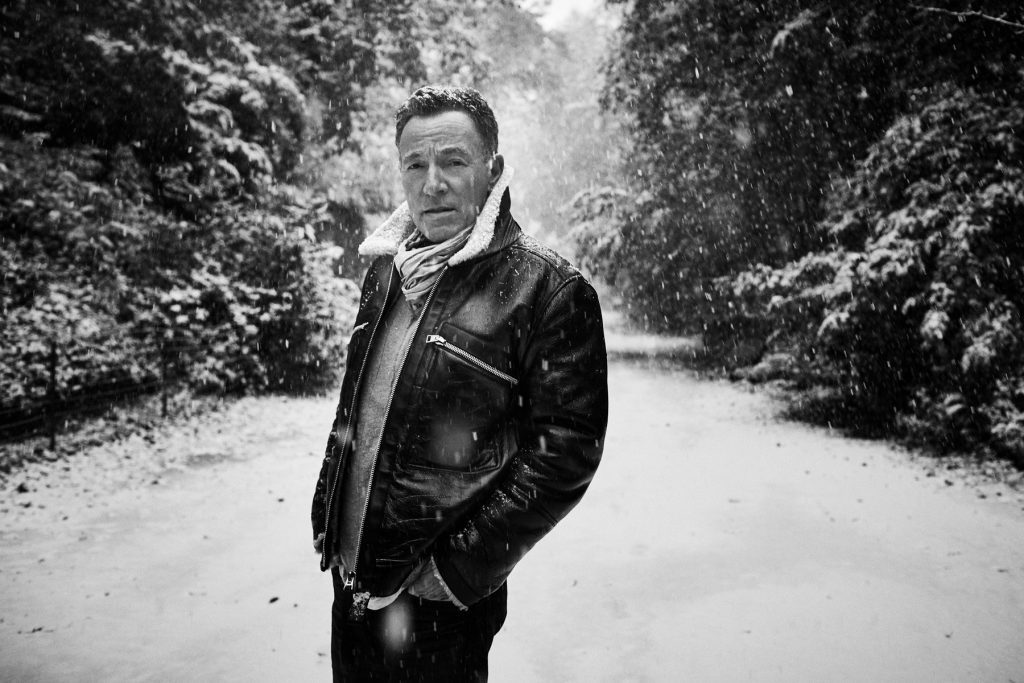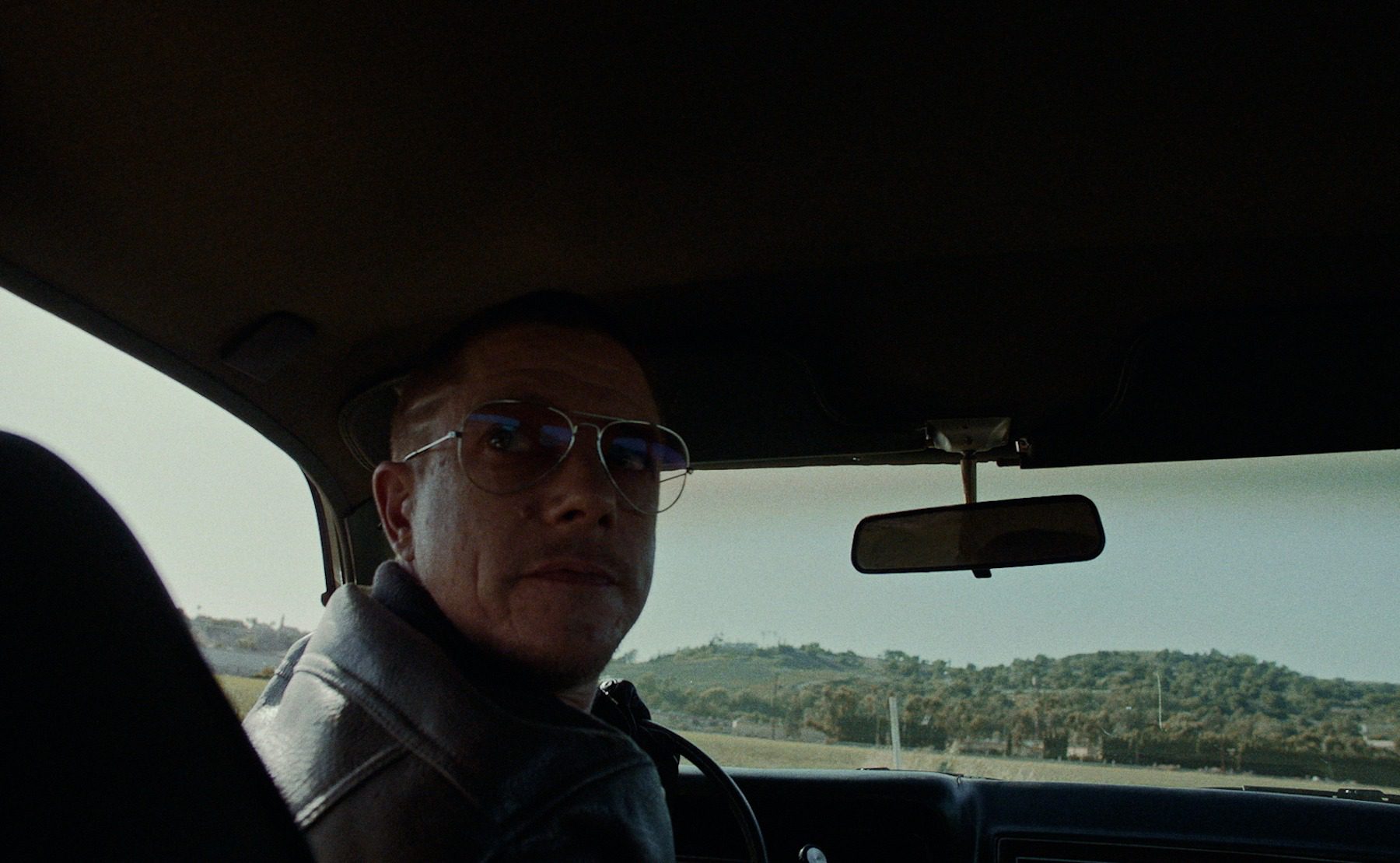
Lana Del Rey Goes Deeper Than Ever on ‘Blue Banisters’
The last thing Lana Del Rey wanted us to know before retiring her Instagram account several weeks ago was that Blue Banisters, her seventh major-label studio album, tells her story “and does pretty much nothing more.” The note provides an unusual amount of clarity for Del Rey, whose typical album rollouts practically require a degree in cryptography. But upon listening to the album — a diffuse collection of prose poems set to, largely, piano accompaniment — it’s clear she only handed us binoculars after smudging the lenses with vaseline.
Earlier this year, Del Rey released Chemtrails Over The Country Club, a buoyant and melodic album with lyrics that felt inspired by the old Kerouac notion of the American road trip as spiritual cleanse. Blue Banisters is more abstract, harder to process, and much more introspective. The catchiest song on the album is “Arcadia,” about a mythical city that exists in the same primitive space as the soul. “All roads that lead to you as integral to me as arteries,” she sings dreamily, comparing her adopted home of California to her own body. It’s as if turning inward is the only kind of escapism she can trust.
blogherads.adq.push(function () {
blogherads
.defineSlot( ‘medrec’, ‘gpt-dsk-tab-article-inbody1-uid0’ )
.setTargeting( ‘pos’, [“mid-article”,”mid”,”in-article1″,”mid-article1″] )
.setSubAdUnitPath(“music//article//inbody1”)
.addSize([[300,250],[620,350],[2,2],[3,3],[2,4],[4,2],[640,250]])
;
});
Luckily, Del Rey isn’t making this journey alone. The title track is a quaint sketch of a group of women together in the same house — Jenny, Nicki, Tex, Mex, Chucky — that’s like if Jane Austen had written Sense and Sensibility about life in a luxury condo in Los Feliz. These friends help her through heartache caused by a man who, “said he’d fix my weathervane, give me children, take away my pain, and paint my banisters blue.” They reign in her lovesickness. They paint her banisters a different color, which is a metaphor for rebirth. When she describes the scene at large — “Chucky’s makin’ birthday cake/Chickens runnin,’ bare feet, there’s a baby on the way” — the thrum of activity, of life in the house, is palpable and timeless. It feels as though there is some primitive magic to this domestic scene and in their sisterly bond. “Every time it turns to May/All my sisters fly to me, to paint, paint,” she sings.
The tone of the album becomes grows more strained as Del Rey sings about the lonelier aspects of her life as a modern woman: the empty parties (“Thunder”), sycophants (“Black Bathing Suit”), and the eternal hassle of finding a mate (“Suit”). On “Text Book,” she portrays courtship as a “dance” — a kind of surface-level deception that she mimics by deadpanning, “Do you think if I go blonde, we could get our old love back?” She gets more serious on “Violets For Roses,” a song about letting a new boyfriend strip away your identity.
These darker songs are the most musically impenetrable, with fragmented verses and jumped cadences. They’re devoid of the fluttering vocals and lilting narrative turns found earlier. On “Wildflower Wildfire” Del Rey sounds drunk, oscillating between her high and low registers, singing “I wouldn’t know how cruel the world was.” On “Nectar of the Gods,” she howls about getting wild and “fucking crazy,” and then offers a harrowing shorthand version of her origin story:
My father never stepped in when his wife would rage at me
So I ended up awkward but sweet
Later then, hospitals, stand still on my feet
Comfortably numb, but with lithium, came poetry.
Banisters continues a theme present in Del Rey’s previous music: that self-expression comes with a degree of risk to her mental sanity. It sounds as though she’s learned this the hard way. But, as the more hopeful moments here suggest, she seems to have also come to realize that her strongest fortification is her circle of female friends. That hard-won realization might also shed light on why Del Rey — who hardly counts as a “pop star” — is massively important to successful female artists like Taylor Swift, who not only called her “the most influential artist in pop,” but pointed to her career as an example of how female artists have to fight to make music — and to own their music — harder than their male counterparts.
blogherads.adq.push(function () {
blogherads
.defineSlot( ‘medrec’, ‘gpt-dsk-tab-article-inbody2-uid1’ )
.setTargeting( ‘pos’, [“mid-article2″,”mid”,”in-article2″,”mid-article”] )
.setSubAdUnitPath(“music//article//inbody2”)
.addSize([[300,250],[300,251],[620,350],[2,4],[4,2],[3,3]])
.setLazyLoadMultiplier(2)
;
});
Del Rey ends the album singing about her own real-life sister, who was pregnant with her first child when Del Rey was writing and arranging Blue Banisters. “Cherry Blossom” has a gentle wistfulness, as Del Rey coos to her “little ghost.” The album closer “Sweet Carolina” is a poignant and loving song of protection to ease her sister’s worries. “Don’t have to write me a letter cause I’ll always be right there,” Del Rey sings, “Closer to you than your next breath.” She has often made intimacy seem transactional. But here, it feels pure.




